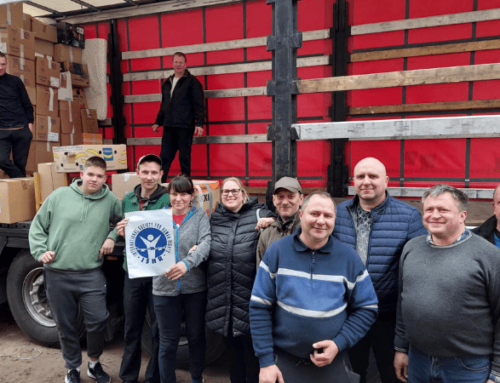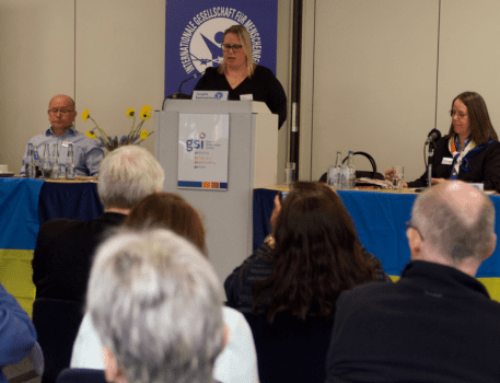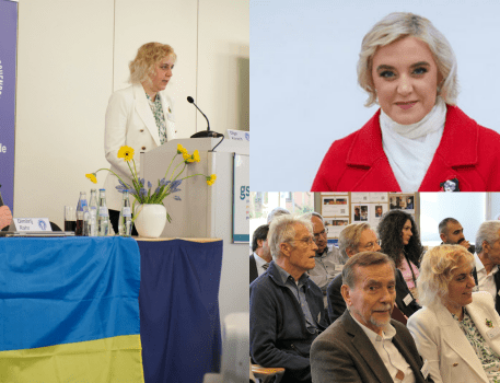Monitoring of the trial of Andrei Khandrykin (court hearing 3.12.18)
![image1[4821]](https://humanrights-online.org/wp-content/uploads/2018/12/image14821-1024x768.jpeg)
December 3 in the Dnieper district court of Kiev a regular hearing in the case of officer of the riot police unit “Berkut” regarding the events that occurred on the Maidan in January 2014 was held. Andrei Khandrykin is one of the three accused (the other two are outside the territory of Ukraine) in the torture of protesters during the confrontation between police and protesters near the Lobanovsky stadium in Kiev. The International Society for Human Rights (ISHR) continues to monitor the case.
Despite the passage of all stages of the trial, the representative of the victims at the previous meeting requested the inclusion as evidence of some videos. On December 3 the court tried to continue studying of video materials, but for technical reasons, it had to be postponed.
The parties agreed that the last word of Khandrykin should be heard, as planned, after the resolution of the issue with video materials. And given the impossibility to study these materials, it is necessary to postpone the consideration of the case. But realizing that the criminal process is coming to an end, prosecutors decided to summon to the court and interrogate the investigator and experts. As a reason for changing their position (previously, the Prosecutor’s office stated that they had no evidence), one of the prosecutors said that, observing the results of court sessions and in order to eliminate contradictions that could arise with the evidence of the prosecution, they consider it necessary to exercise their right to add a few more witnesses, namely the investigator and experts.
The lawyer asked the court to pay attention to the fact that the prosecution is going to interrogate the investigator regarding the results of the expert evaluation that were destroyed by him; and by law this cannot be done, since he is in the procedural status of the investigator. Experts, according to the law, can be interrogated only on the results of the evaluation, and since the results are destroyed – they are considered as inadmissible evidence.
The prosecutor responded that the court should question the investigator as an investigator, and not as a witness, on the following questions: did he destroy the evidence or not; in what form were the testimony of “Berkut” sent for examination. Moreover, the prosecutor urged the judge to take into account the “established practice” of interrogating investigators and to “apply the analogy of interrogation in criminal proceedings”.
The judge listened to the parties and concluded that the requirements of the prosecution regarding the interrogation of the investigator contradict with criminal proceedings, there is no “established practice” on this issue (to which the prosecutor himself could not give any example), and such arguments as “everyone knows that the criminal procedure code is imperfect” cannot be accepted by the court. Thus the judge has satisfied the petition of the prosecutor only regarding the interrogation of experts.
In the comment to the observer of the ISHR, Andrei Khandrykin talked about the fact that the case is purposely prolonged and no evidence filed by the prosecution, has any relation to the case. And the fact of his persecution connects to signing (at the request of the commander) of some documents during the winter 2014 events. The strategy of systematic “addition of evidence” before the last word of the accused only confirms the words of Andrei Khandrykin on the deliberate prolongation of the trial by the prosecution.
ISHR experts will continue to monitor and clarify the details of the trial. Previous reports can be found here.








Leave A Comment